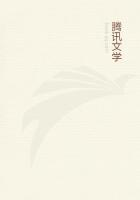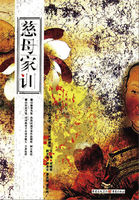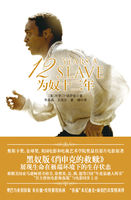We can see clearly enough that letters or collocations of letters do by various degrees of strength or weakness, length or shortness, emphasis or pitch, become the natural expressions of the finer parts of human feeling or thought. And not only so, but letters themselves have a significance; as Plato observes that the letter rho accent is expressive of motion, the letters delta and tau of binding and rest, the letter lambda of smoothness, nu of inwardness, the letter eta of length, the letter omicron of roundness. These were often combined so as to form composite notions, as for example in tromos (trembling), trachus (rugged), thrauein (crush), krouein (strike), thruptein (break), pumbein (whirl),--in all which words we notice a parallel composition of sounds in their English equivalents.
Plato also remarks, as we remark, that the onomatopoetic principle is far from prevailing uniformly, and further that no explanation of language consistently corresponds with any system of philosophy, however great may be the light which language throws upon the nature of the mind. Both in Greek and English we find groups of words such as string, swing, sling, spring, sting, which are parallel to one another and may be said to derive their vocal effect partly from contrast of letters, but in which it is impossible to assign a precise amount of meaning to each of the expressive and onomatopoetic letters. A few of them are directly imitative, as for example the omega in oon, which represents the round form of the egg by the figure of the mouth: or bronte (thunder), in which the fulness of the sound of the word corresponds to the thing signified by it; or bombos (buzzing), of which the first syllable, as in its English equivalent, has the meaning of a deep sound. We may observe also (as we see in the case of the poor stammerer) that speech has the co-operation of the whole body and may be often assisted or half expressed by gesticulation. A sound or word is not the work of the vocal organs only; nearly the whole of the upper part of the human frame, including head, chest, lungs, have a share in creating it; and it may be accompanied by a movement of the eyes, nose, fingers, hands, feet which contributes to the effect of it.
The principle of onomatopea has fallen into discredit, partly because it has been supposed to imply an actual manufacture of words out of syllables and letters, like a piece of joiner's work,--a theory of language which is more and more refuted by facts, and more and more going out of fashion with philologians; and partly also because the traces of onomatopea in separate words become almost obliterated in the course of ages. The poet of language cannot put in and pull out letters, as a painter might insert or blot out a shade of colour to give effect to his picture. It would be ridiculous for him to alter any received form of a word in order to render it more expressive of the sense. He can only select, perhaps out of some dialect, the form which is already best adapted to his purpose. The true onomatopea is not a creative, but a formative principle, which in the later stage of the history of language ceases to act upon individual words; but still works through the collocation of them in the sentence or paragraph, and the adaptation of every word, syllable, letter to one another and to the rhythm of the whole passage. iv. Next, under a distinct head, although not separable from the preceding, may be considered the differentiation of languages, i.e. the manner in which differences of meaning and form have arisen in them. Into their first creation we have ceased to enquire: it is their aftergrowth with which we are now concerned. How did the roots or substantial portions of words become modified or inflected? and how did they receive separate meanings? First we remark that words are attracted by the sounds and senses of other words, so that they form groups of nouns and verbs analogous in sound and sense to one another, each noun or verb putting forth inflexions, generally of two or three patterns, and with exceptions.















